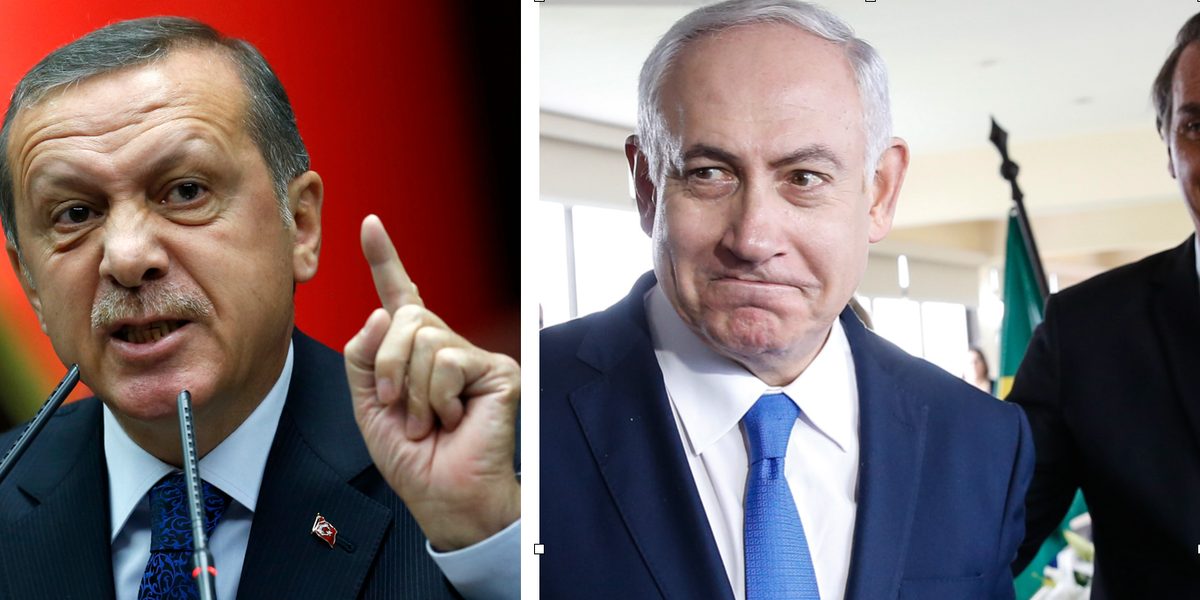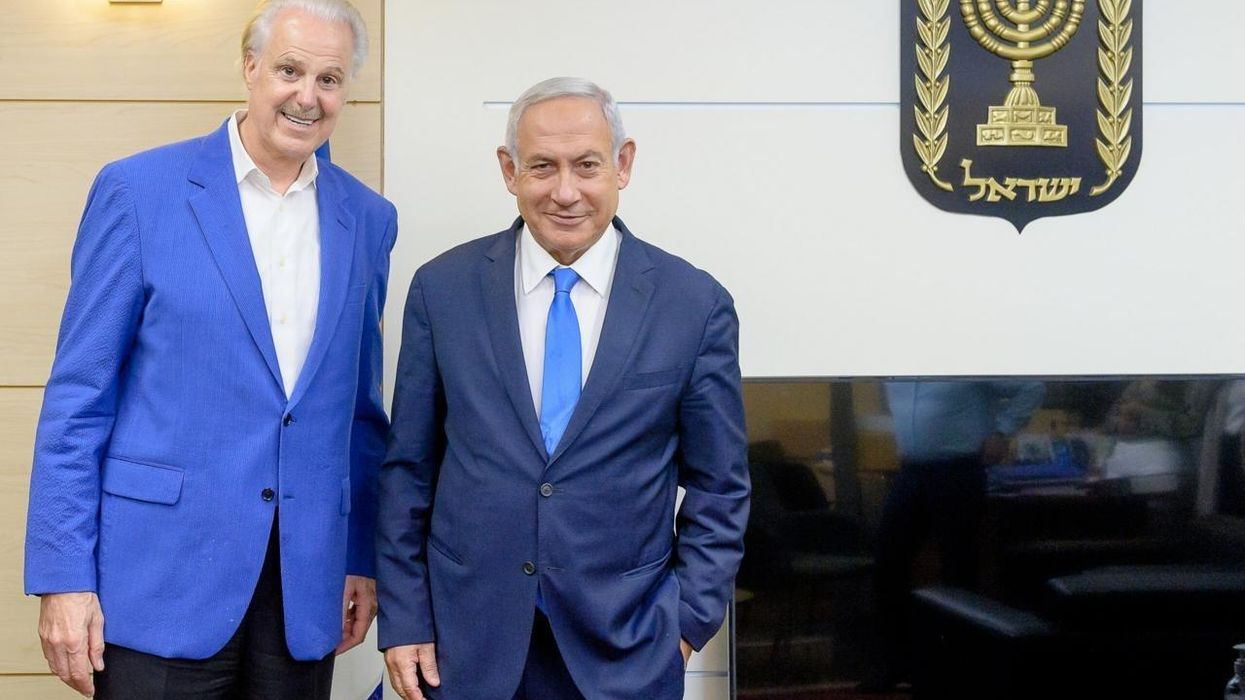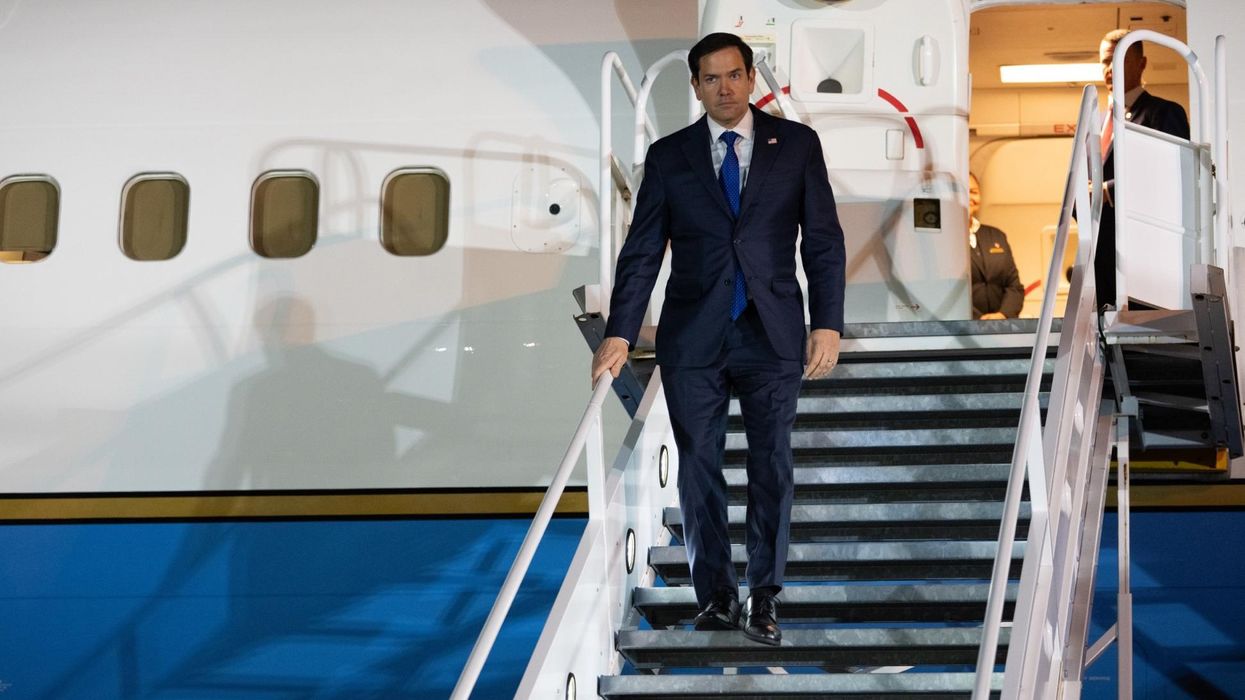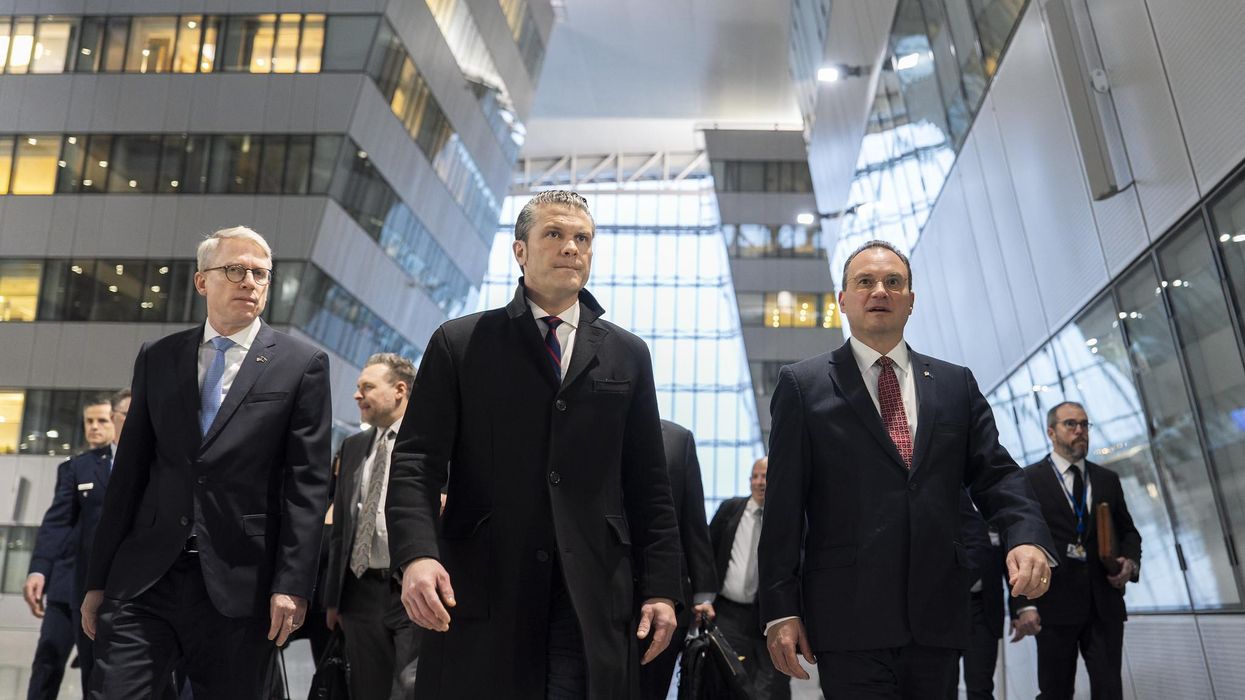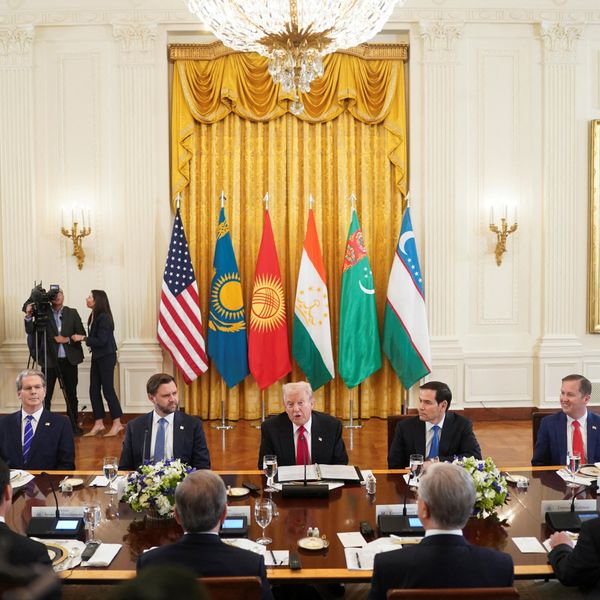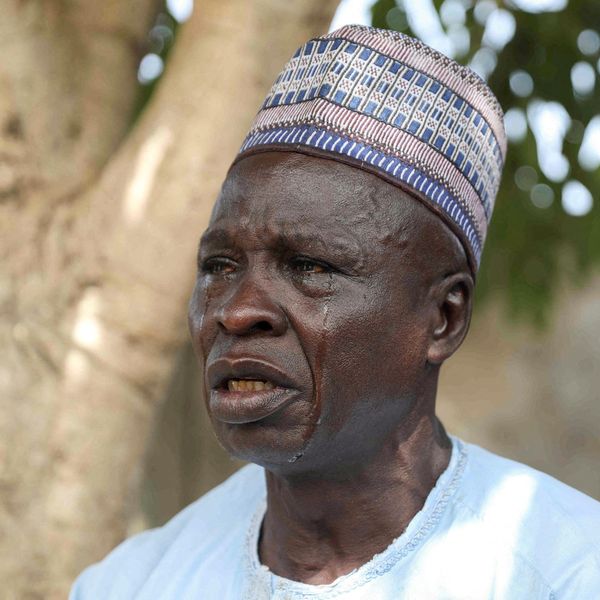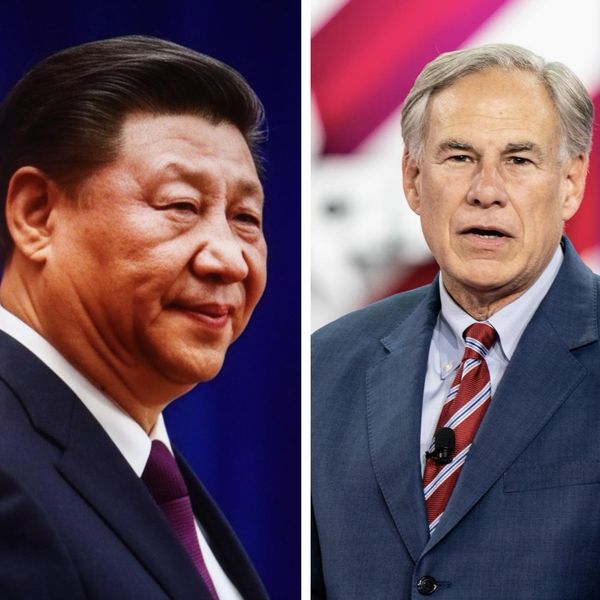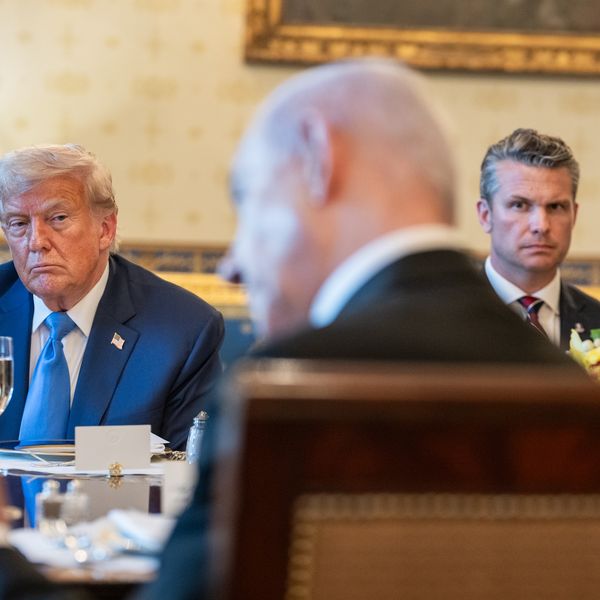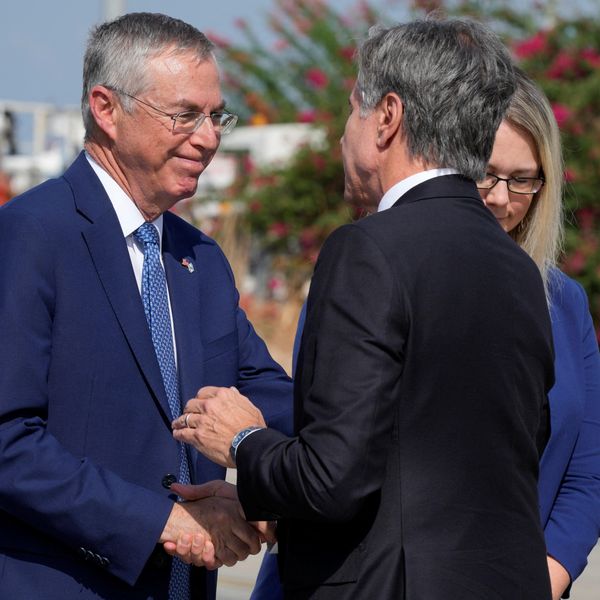A full-scale confrontation between Hezbollah and Israel could easily destabilize other parts of the Middle East, exacerbate regional tensions, and create serious humanitarian disasters in Lebanon.
Turkish President Recep Tayyip Erdogan says he is standing with Lebanon.
Last month, he addressed Israel’s war in Gaza and the dangers of a full-scale war in southern Lebanon. While calling Western support for Israel “pitiful” and warning about a “big catastrophe” as a result of “Netanyahu’s plans to spread the [Gaza] war to the region,” Erdogan declared that Turkey stands “in solidarity with Lebanon.”
While Turkey may not play a central role in any future conflict and its direct investments in Lebanon are limited, officials in Ankara are concerned that an Israel-Hezbollah war could spark a multi-continental crisis that would negatively affect Turkey’s interests across many countries.
“Turkey’s warnings against such an escalation reflect its commitment to regional stability and its desire to avoid severe humanitarian, geopolitical, security, and economic consequences,” said Gökhan Ereli, the Gulf Studies Coordinator at ORSAM (an Ankara-based think tank), in an interview with RS.
Changes in Turkey-Hezbollah relations?
Despite past tensions between Turkey and Hezbollah, it is evident that the Israeli war on Gaza war and its regional expansion have arguably put Ankara and the Lebanese organization in the same boat, at least to some extent.
“Erdogan has positioned Turkey as leader of the Islamic World and champion of the Palestinians. Although Hezbollah and Turkey were adversaries during Syria’s civil war – with [the former] supporting the Syrian Arab Army and [the latter] supporting the opposition militias, the two are now on the same side, supporting the Palestinians,” explained Joshua Landis, director of the Center for Middle East Studies at the University of Oklahoma, in an interview with RS.
When addressing Erdogan’s statement about being in “solidarity with Lebanon,” Ereli told RS that such language “underscores Turkey’s critical stance towards Israel’s aggressive policies and their potential to exacerbate regional conflicts.”
He added that the Turkish president’s “use of the term ‘pitiful’ to describe Western governments’ support for Israel highlights Turkey’s disapproval of what it sees as a one-sided approach that neglects the broader consequences for regional stability.”
But Ereli also stressed the importance of distinguishing between Erdogan’s support for Lebanon as a state versus Hezbollah as a political entity.
“Erdogan’s expression of solidarity with [the Lebanese] state should not be interpreted as support for Hezbollah or any other non-state actor. Rather, his remarks are directed towards the Lebanese state and the brotherly people of Lebanon, emphasizing Turkey’s commitment to supporting the sovereignty and stability of Lebanon amidst the ongoing tensions,” he told RS.
Limits to Turkey's Clout
As much as Ankara would like to see Israel show restraint vis-à-vis Lebanon, some experts believe that Turkey is not necessarily positioned to do much to influence either Hezbollah or Israel. They also maintain that Ankara’s political stakes in Lebanon are much lower than those which Turkey has in Palestine.
“Turkey would of course have to react to the crisis, especially if it were to engulf Syria and trigger more instability south of the Turkish border,” said Aron Lund, a Middle East expert at Century International, in an RS interview.
“But I don’t think Turkey has a lot of leverage or even, to be frank, a lot at stake in Lebanon. It’s still some way removed from Turkey’s home territory and core interests. Lebanon and Hezbollah do not hold the same emotional appeal as the cause of Palestine. Israel invading Lebanon would probably be seen as one more transgression to protest, but Erdogan and his supporters are already very worked up about Gaza,” he added.
Intensifying friction in Turkish-Israeli relations
More than nine months into Israel’s military campaign in Gaza, Ankara-Tel Aviv relations have significantly worsened. This is not just about strong rhetoric. Turkey’s ban on trade with Israel in May, from which Azerbaijan’s export of oil to Israel that depends on a Turkish port was exempted, highlighted the seriousness of bilateral tensions.
Two main factors likely explain why Ankara has, until now, permitted Azerbaijan’s oil to keep flowing to Israel via Turkey. First, cutting off these flows from Azerbaijan to Israel would harm Turkey’s economy. Second, Baku is probably Ankara’s single closest ally, and Turkish policymakers understand the negative impact that such a move would have on Azerbaijan.
But if an all-out Hezbollah-Israel war erupts this summer, “Erdogan will be forced to ratchet up penalties on Israel,” according to Landis, who believes that under such circumstances the Turkish government would likely find itself under serious popular pressure to extend the trade ban to Azerbaijan’s oil.
There have already been protests in Turkey against Azerbaijan’s oil exemption. The Israeli war economy depends on this oil from Azerbaijan, which the Israelis have become significantly more reliant upon since the start of this year.
Yet, the door to diplomacy between Ankara and Tel Aviv is not entirely shut. Despite all the friction with Israel, Erdogan’s government has not severed diplomatic relations with Tel Aviv, and a dialogue has continued between the two countries since October 7, 2023.
“Although political and diplomatic ties have been stressed, it is important to note that both countries have not permanently withdrawn their ambassadors but have called them back for security consultations and discussions,” explained Ereli. “This indicates that Turkey is still leaving room for diplomatic channels with Israel.”
However, the Ankara-based analyst warned that “any new acts of aggression by Israel could jeopardize this delicate balance and potentially push relations to a new low.”
Ultimately, while Ankara has thus far kept some level of diplomatic engagement with Prime Minister Benjamin Netanyahu’s government, it is worth considering how a major Israeli offensive in southern Lebanon could change the picture.
“Turkey remains committed to maintaining a level of diplomatic engagement, but continued hostilities could risk further deterioration of ties, making future reconciliation efforts between Turkey and Israel more challenging,” Ereli told RS.
- NATO member Turkey takes role of 'active neutrality' in Red Sea crisis ›
- US wants Turkey to pick up its UNRWA tab: Report ›
- Erdogan v. Netanyahu: Where does this go? ›
- Israel-Hezbollah ceasefire begins, but serious questions remain | Responsible Statecraft ›
- After Israel's strike in Qatar, is Turkey next? | Responsible Statecraft ›

